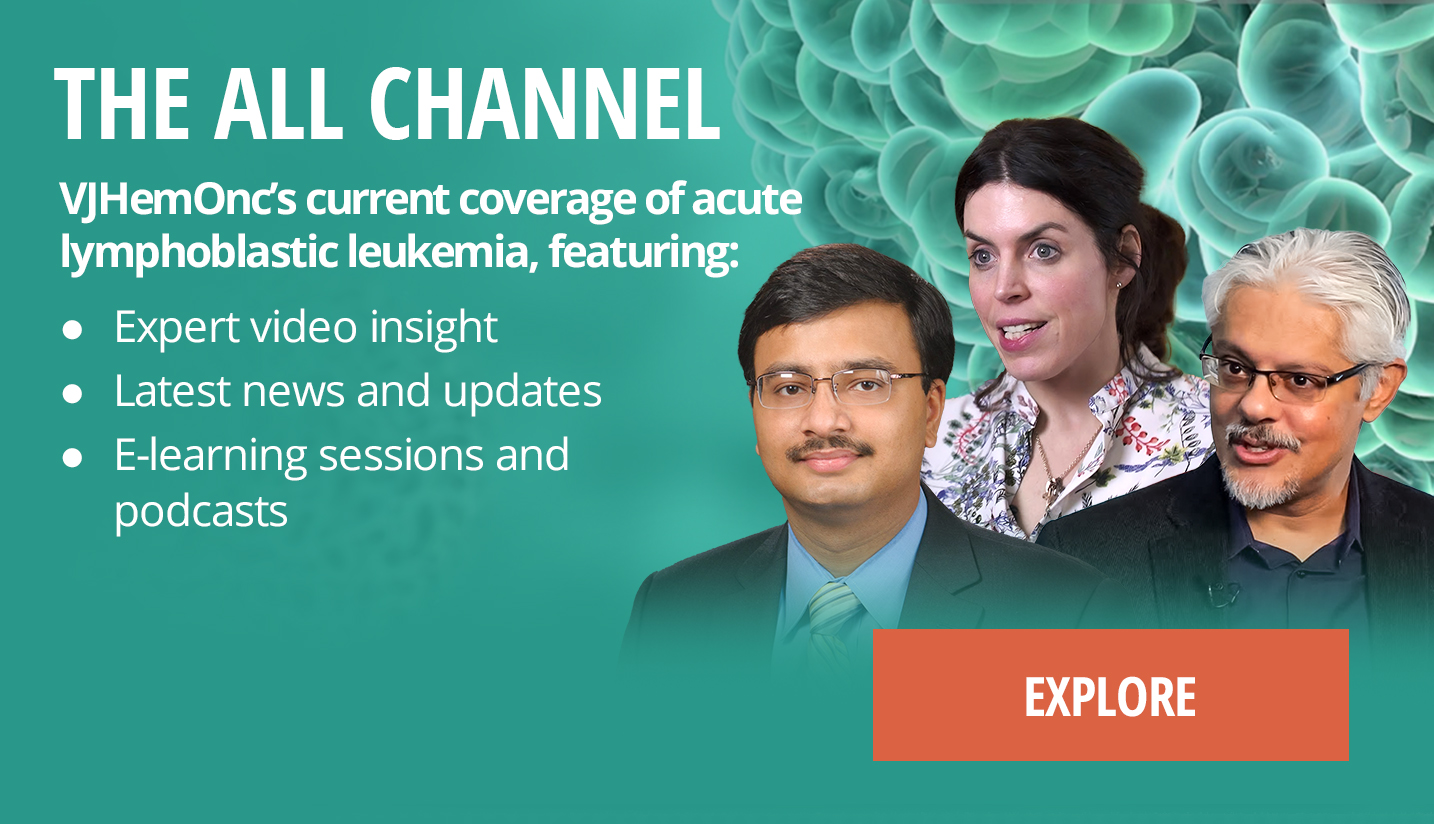The WU-CART-007 is an off-the-shelf allogeneic CD7 CAR developed for patients with T-cell malignancies. We are reporting the Phase II part of a Phase I/II study that we presented last ASH. First of all, WU-CART-007, as I mentioned, is an allogeneic off-the-shelf CD7 CAR. So normal healthy donor T-cells are used to manufacture this CD7 CAR. With the CRISPR gene modification, you get rid of CD7 to prevent fratricide and then get rid of T-cell receptor alpha chain to prevent graft-versus-host disease...
The WU-CART-007 is an off-the-shelf allogeneic CD7 CAR developed for patients with T-cell malignancies. We are reporting the Phase II part of a Phase I/II study that we presented last ASH. First of all, WU-CART-007, as I mentioned, is an allogeneic off-the-shelf CD7 CAR. So normal healthy donor T-cells are used to manufacture this CD7 CAR. With the CRISPR gene modification, you get rid of CD7 to prevent fratricide and then get rid of T-cell receptor alpha chain to prevent graft-versus-host disease. And then there’s a second generation CD7 CAR. So this allogeneic CAR used in a Phase I/II study in patients with T lymphoblastic leukemia and lymphoma, both pediatric and adult. And we’re presenting the Phase II portion of the study in 13 patients that received 900 million WU-CART-007 with enhanced lymphodepletion chemotherapy of Cytoxan one gram per meter square for three days and fludarabine 30 milligrams per meter square for four days.
In terms of safety, the reasonable safety profile, 60% of patients had CRS, around 30% of them grade three. In terms of ICANS, we saw maybe eight percent of grade three or more ICANS, and GVHD was seen just in one patient and was transient.
In terms of efficacy, we saw a really impressive efficacy in this group of refractory patients with overall response rate of roughly 90% and a composite complete response of a little bit more than 70%. So that’s very impressive for this group of refractory patients. Based on this, the pivotal registration study is being started as a global Phase II study, single arm, that will be started. Actually the first site is going to start enrolling patients in a few weeks here in the United States.
This transcript is AI-generated. While we strive for accuracy, please verify this copy with the video.














